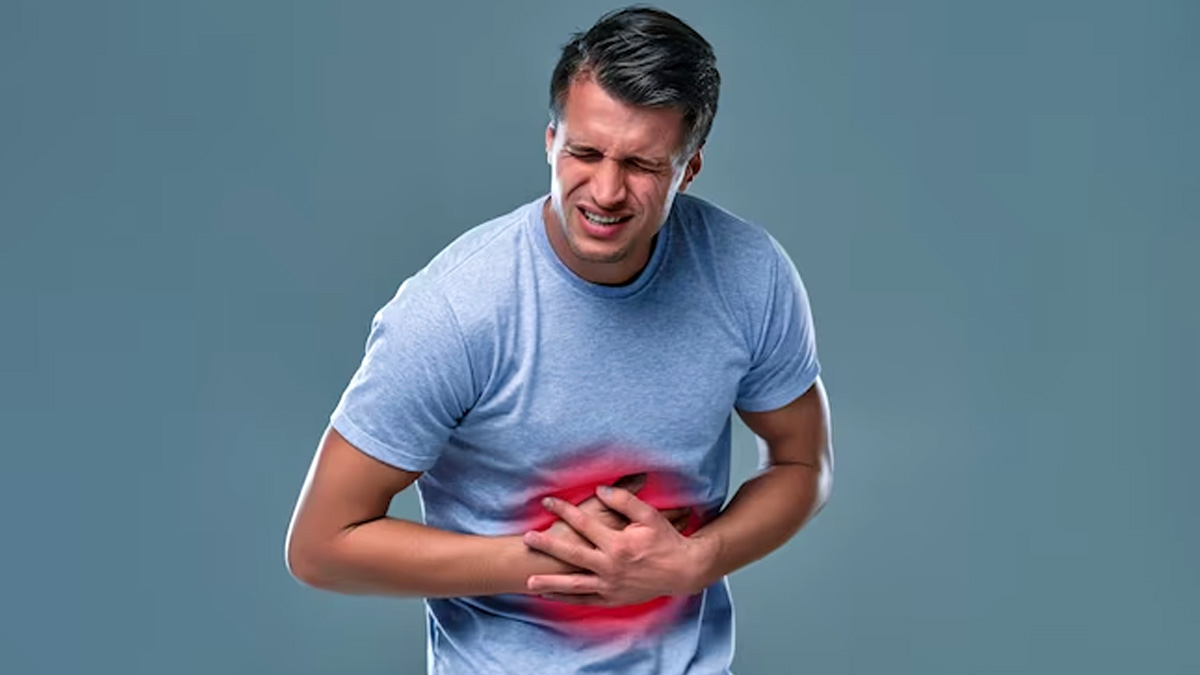
Do you experience fatigue, abdominal discomfort, unexplained weight loss, and mental fog? Ignoring these symptoms can cause complications as these may point to a health condition called fatty liver disease. Its meaning goes by its name i.e. accumulation of excess fat in the liver. Read on to learn how to manage this condition during its early stages.
Table of Content:-
What Is Fatty Liver Disease

Dr Anukalp Prakash, Lead Consultant, Gastroenterology, CK Birla Hospital, Gurugram, said Fatty liver disease is a lifestyle ailment marked by an increase in liver fat content. It can be classified into two main types: Alcoholic Fatty Liver Disease (AFLD) and Non-Alcoholic Fatty Liver Disease (NAFLD). According to the Journal of Clinical and Experimental Hepatology, approximately one in three adults or children have NAFLD in India.
Complications Of Fatty Liver Disease

- Non-Alcoholic Steatohepatitis (NASH): Inflammation and liver cell damage that can progress to more serious conditions.
- Liver Fibrosis: The accumulation of scar tissue in the liver, which can impair its function over time.
- Cirrhosis: Advanced liver scarring, leading to significant liver damage and potential liver failure.
Also Read: From Swelling To Jaundice: 6 Signs of Fatty Liver Disease Visible On Your Face
Risk Factors For Fatty Liver Disease
- Being overweight or obese
- Type 2 diabetes or insulin resistance
- If you have metabolic syndrome, such as high cholesterol and high blood pressure
- Sleep disorders, such as sleep apnoea
- Underactive thyroid gland
How To Manage Fatty Liver In Its Early Stages
Dr Adil Farooq Malik, Consultant – Gastroenterology, Fortis Hospital, Shalimar Bagh, said that fatty liver or NAFLD (Non-Alcoholic Fatty Liver Disease) is one of the leading causes of liver diseases. It remains asymptomatic in its early stages and is diagnosed incidentally by routine ultrasound and liver tests.
Dr Malik said that managing fatty liver before cirrhosis involves implementing healthy lifestyle changes. Some of the measures that should be followed are as follows:

- Adopt a balanced diet, including vegetables, fruits, vegetables, lean proteins, and healthy fats.
- Limit your intake of processed meals, sugary beverages, and saturated fats.
- Manage weight as it helps decrease inflammation in fatty liver.
- Exercise regularly. Aiming for at least 150 minutes of moderate-intensity aerobic activity per week, can improve insulin sensitivity and promote liver health.
- Avoid alcohol consumption as it can worsen fatty liver disease.
- Stay hydrated by drinking an adequate amount of water to support liver function.
- Thyroid diseases, dyslipidemia and diabetes mellitus should be treated actively if they are present.
- Patients should consider endoscopic or surgical treatment of obesity if they are severely obese.
Also Read: 8 Natural Remedies & Tips To Treat Fatty Liver Disease
Treating Fatty Liver Disease
Dr Prakash said that certain drugs are available that can aid in reducing fatty liver. These drugs act by lowering the amount of fat in the liver and reversing the resulting liver damage. Vitamin E, antioxidants, and other treatments that can correct fatty liver are examples of such medications.
Bottomline
If you notice symptoms of fatty liver or are diagnosed with this medical condition, seek immediate treatment. If left unmanaged, it can lead to more severe symptoms like jaundice, swelling of the abdomen, and mental confusion.
Disclaimer
This article contains information shared by experts. However, we advise that you visit an expert for a diagnosis tailored to your needs.
Also watch this video
How we keep this article up to date:
We work with experts and keep a close eye on the latest in health and wellness. Whenever there is a new research or helpful information, we update our articles with accurate and useful advice.
Current Version